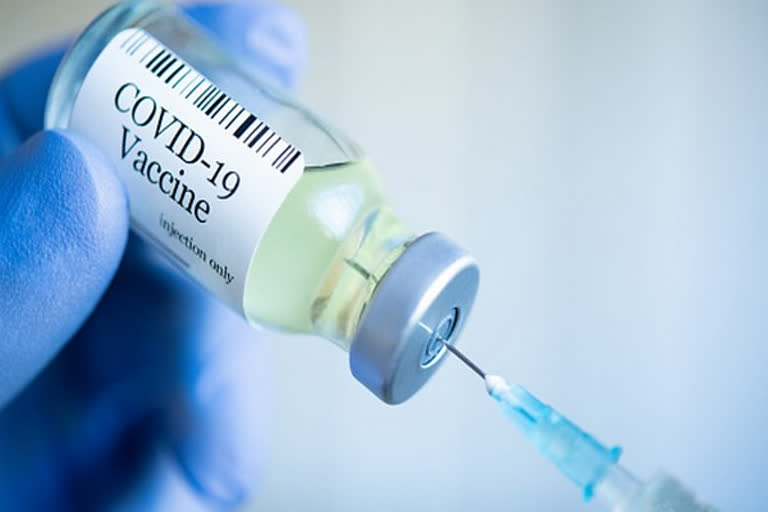New Delhi: Clearing doubt over vaccine efficacy in fighting the Covid19 infection, a first ever study conducted by Vellore based Christian Medical College (CMC) has said that Indian vaccines are working well. It’s working great against severe disease.
Following this finding, the CMC is now contemplating to do a study over vaccine efficacy against variants.
The study conducted by CMC said that vaccination has played a major role in eradicating communicable diseases.
“Since healthcare workers (HCWs) serve in the forefront during pandemics, they are particularly vulnerable. Thus, in the COVID-19 pandemic, it was imperative to vaccinate frontline workers as quickly as possible and ascertain the extent of protection offered by vaccination,” the findings said.
Christian Medical College, Vellore, a 2600-bed tertiary care hospital with 10600 employees, vaccinated 8991 staff (84.8 percent) between January 21 and April 30.
A majority (93 percent) received Covishield, the Oxford-AstraZeneca vaccine manufactured by Serum Institute of India, and the remainder, Covaxin, a killed virus vaccine, produced by Bharath Biotech.
The study reports the incidence of symptomatic COVID-19 infection among HCWs between February 21 and May 19. In the 1350 staff tested positive on RT-PCR, the median (interquartile range) age was 33 years (27-41); female: male ratio was 3:2. The median time from first dose to development of infection was 77 (62-89) days and coincided with the second peak in India during April and May 2021. Thirty-three HCWs developed infection within 2-weeks of the second dose of vaccine.
Among fully vaccinated HCWs 679 (9.6 percent) developed infection 47 days (34-58) after the second dose. The risk of infection among fully vaccinated HCWs was significantly lower when compared with unvaccinated HCWs.
Also Read: Tamil Nadu prepared for Covid-19 third wave: Health Secretary
“Similarly, vaccination with two doses reduced hospitalization, need for oxygen therapy and ICU admission. The protective effect of vaccination in preventing infection, hospitalization, need for oxygen and ICU admission were 65 percent, 77 percent, 92 percent and 94 percent respectively,” the study said.
The only staff member who died since the beginning of the pandemic had multiple co-morbidities and had not taken the vaccine. Subgroup analysis on the efficacy of the two vaccines was not possible due to few HCWs receiving Covaxin. Some HCWs (17 percent) could not take the second dose, initially due to vaccine shortage and subsequently despite vaccine availability, due to changes in guidelines on the interval between doses.
A study of 23,324 HCWs in the UK, reported vaccine coverage of 89 percent. During the 2-month follow up, symptomatic and asymptomatic infections occurred in 80 participants (3.8 percent) among vaccinated and 977 (38 percent) among unvaccinated.
In a study from Jerusalem, infection occurred over 2-months in 366 (6.9 percent) of 5297 vaccinated HCWs and 213 of 754 unvaccinated individuals. A third study from California showed that only 37 HCWs who received two doses of the vaccine tested positive.
“Our study corroborates these studies that vaccination is protective, although we did not look at the variants responsible for the massive second wave. Beyond the immediate, implications for public health include cost-effective protection from infection, reduction of illness severity and intervention to break the chain of transmission effectively. Even as many states chose to restrict movement to reduce stress on the healthcare system, we realize that future waves can at best be prevented or at worst mitigated through aggressive and widespread vaccination,” the study said.
Also Read: GST Council slashes taxes on Covid-19 drugs, retains 5% rate on vaccines



